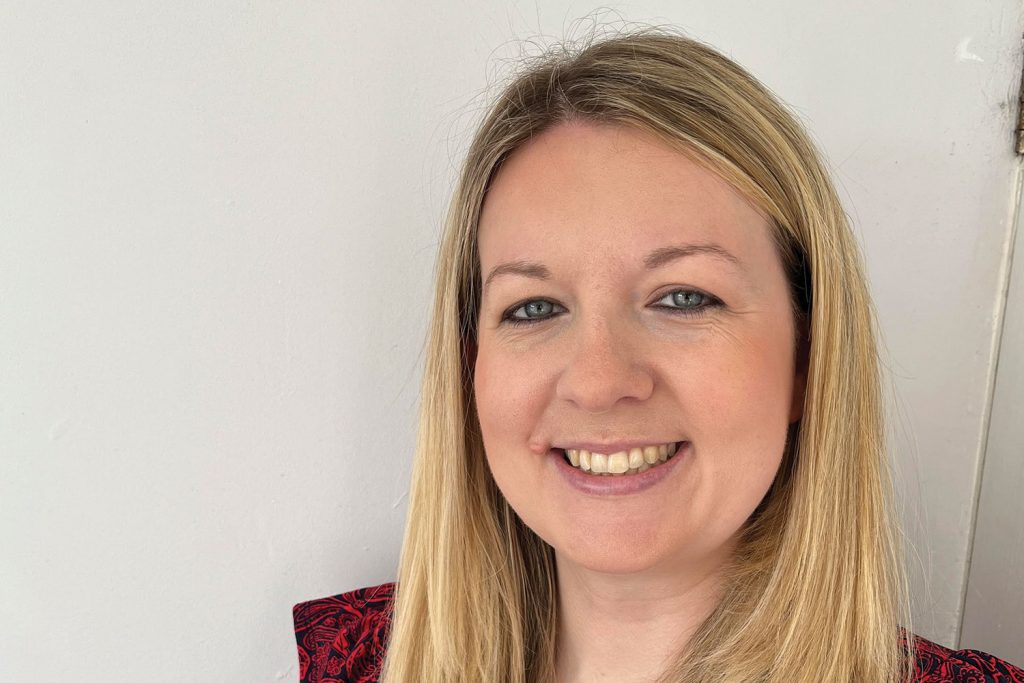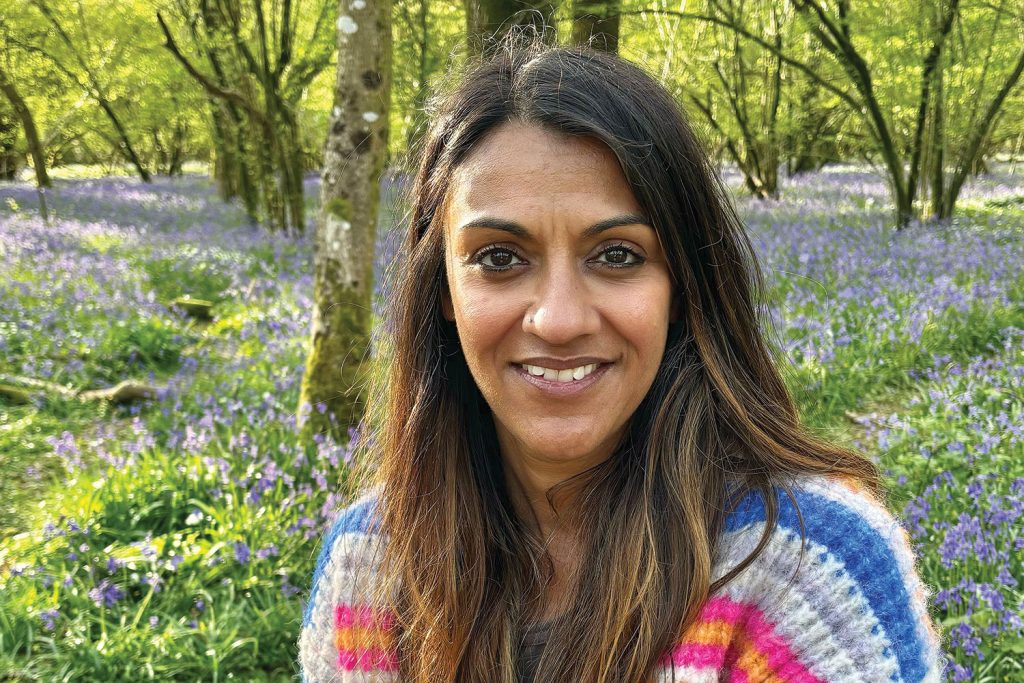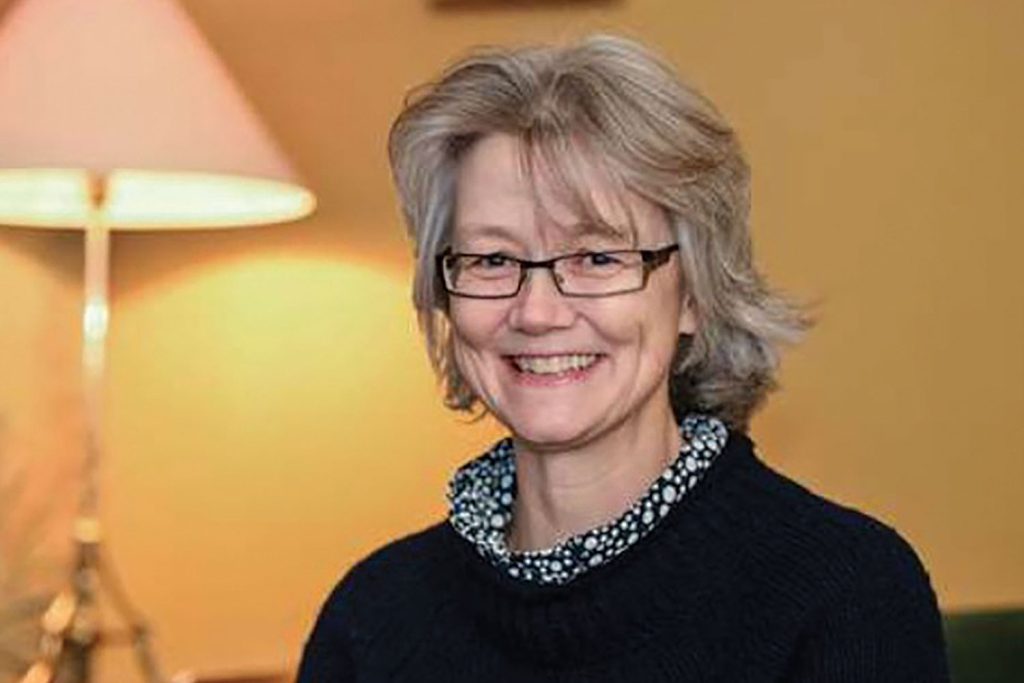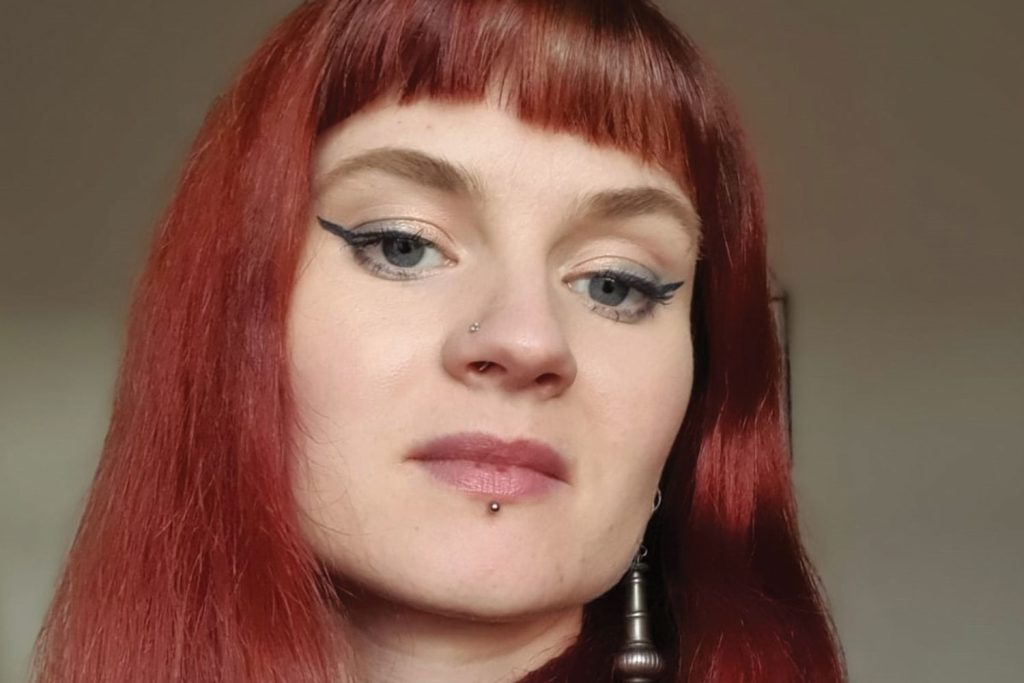The LGA’s Be a Councillor campaign provides specific support for women
This year’s International Women’s Day theme, ‘Accelerate Action for gender equality’, challenges us to call out the sexism, gender stereotyping and misogyny that have been on the increase in recent years.
This is about women standing up for ourselves and about men acting as allies and challenging poor behaviour.
One way of doing this is through sharing stories of women’s achievements and how good practice can support them to succeed (see below, right and over page).
Women bring different perspectives to leadership. We are often intuitive, great at juggling different things and take a pragmatic approach, which makes us well placed to solve problems and represent others.
I had been working for almost 15 years on supporting other women into leadership positions when I was asked if I had ever considered putting myself forward for election.
The opportunity to become a councillor was an obvious complement to my existing skills and I am very proud to be a female leader of my council.
I would encourage any woman who has doubts about becoming a councillor to be brave and go for it. If you are thinking about it, you are already taking a step in the right direction.
I have received continuous support from my local council, Cheshire West and Chester, since I first got elected.
At the time I was elected, our democratic services team put together a fantastic induction programme, with different training events and a buddy system with a member of their team for new councillors.
I have also had great peer support from other female councillors.
The LGA’s Be a Councillor campaign also encourages and supports a diverse range of people to become councillors, with specific support for women provided by our campaign partners Elect Her (see www.elect-her.org.uk) and 50:50 Parliament (see 5050parliament.co.uk).
Councils can also benefit from our support to run their own local Be a Councillor campaigns. Check our LGA website to find out more.
‘We can make amazing things happen’

Councillor Sophie Cox (Lab) is Leader of Worthing Borough Council
I’ve been a councillor on Worthing Borough Council since May 2023 and took over as leader in July 2024.
Before having my children, I worked in press and communications for a different council. I then took a career break to raise my three children and started volunteering in my community.
When my youngest started school, in 2022, I was encouraged to stand for election. At the time, I was mentoring teenagers struggling in school, and it felt like the right moment to take on a new challenge. Becoming a councillor offered the flexibility to still be there for my children – now aged seven, nine and 11 – while allowing me to get back into work.
The past 19 months have been a whirlwind of learning and opportunities, and it’s such a great feeling to be able to shape the future of our community – for my children and the generations to come.
Balancing council work with family life is a juggle – attending evening committee meetings, as well as drop-offs to Brownies and the kids’ swimming lessons – but I set boundaries around school runs for non-essential meetings and we manage to make it work.
I would encourage anyone to stand as a councillor. It takes some resilience, and I had to develop a thick skin quickly, but I’ve learned not to let criticism hold me back.
I always rejected the idea that ‘things will never change’ and if more people enter politics for the right reasons, we can make amazing things happen.
‘We have much work to do’

Councillor Jindy Atwal (Lib Dem) is a Member of Dorset Council
Growing up, I never envisioned a career in politics, especially as a working-class female of Indian heritage in a landscape with scarce representation.
The intersectionality of my identity made my presence on Dorset Council seem unlikely. Yet, here I am!
Encouraged by Cllr Vikki Slade, MP for Mid Dorset and North Poole, and supported by the wonderful people of Dorset, I proudly began representing my ward in May 2024.
International Women’s Day (IWD) is significant to me as it celebrates the talented women whose contributions are often overlooked.
It also serves as a reminder of the adversities faced by girls and women affected by misogyny, grooming, and domestic abuse. As highlighted by the Dorset Pineapple Trust, there remains an urgent need to protect and empower vulnerable girls in our communities.
Each year, as Jess Phillips MP reads the heartbreaking list of women lost to violence, I am left grappling with the stark reality that we have much work to do.
I want my daughter and her generation to feel safe from violence in their homes. This IWD, let’s strive for meaningful change.
I hope to use my position on the council to help as many girls and women as possible, serving as a role model and as a force for practical change.
If young girls can see someone like me – from a working-class background and a home where domestic abuse was prevalent – now thriving in a public role, I hope it may inspire them.
I extend my deepest thanks to the trailblazing women before me, who forged a path to enable women like me to flourish. I hope I can do the same for the next generation of girls.
‘A little council that does big things’

Councillor Anna Bailey (Con) is Leader of East Cambridgeshire District Council
I first became a district councillor in 2007, when a friend of mine said: “You’d be great; it’s only a couple of evenings a month!”
Fast forward to 2025 and it has become a 24/7 passion, and I find myself having been leader of the council for nearly six years.
I am proud of our little council, which does big things; we have frozen our share of council tax bills for 12 years while still delivering great services.
We have funded lots of new community projects, such as youth centres, a theatre, community orchards, improvements to village halls, new roads and car parks, and genuinely affordable homes reserved for local people. We also have a specific campaign supporting hedgehogs, voted for by residents.
I served for eight years on Cambridgeshire County Council, where I was the Lead Member for Adult Social Care and had the most amazing chance to trial my vision for a whole new, very local, method of supporting people in our communities.
The ‘Neighbourhood Cares’ work endures to this day and I hope can become part of the nationwide solution to the challenges we face in social care.
Being a councillor is hard work and a big responsibility – sometimes it drives me mad! But it is exciting and incredibly fulfilling.
To be the representative of the people is a special thing, and when times are tough, as they can be, I always remember that it is the people that put me there and that I exist to speak up for them. What an amazing privilege!
‘Still a very male-dominated space’

Councillor Anastasia Wiest is Leader of the Green Group on Manchester City Council
I was elected in May 2023, and became group leader in November 2024. My two fellow Greens on the council were elected in the two years prior.
It is hard being such a small group on a huge council (there are 96 councillors in total) and, because we are all relatively new, we don’t have the same wealth of knowledge about how the council works as the larger parties.
My focus since being leader has been to ask for briefings on everything – from selective licensing to devolution – to bolster my group’s understanding of how all of these systems work.
Politics is an interesting arena; culturally, it’s still a very male-dominated space, with a lot of shoulder squaring and finger pointing.
All consequential decisions are made behind closed doors and public meetings are there to give everyone the opportunity for political point scoring.
The system is not very democratic, and it’s based on a black/white mentality, without much room for nuance.
I’m one of the youngest councillors in Manchester, at 28, and the average age of a councillor in England is around 65.
I hope that more young people, especially more young women, will get involved in politics and change the culture – to make it more collaborative and more deliberative, which is what we really need if we’re going to find consensus on the big issues such as climate change and housing justice.